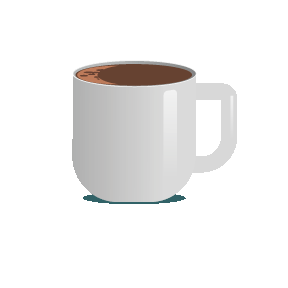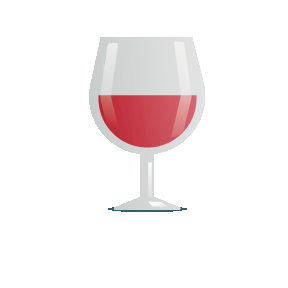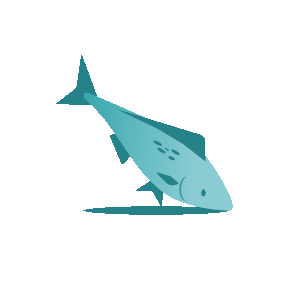Food and drinks to avoid when breastfeeding
Here you can find out what food and drink you should try to avoid when breastfeeding.
What not to eat and drink when breastfeeding
If your baby is sensitive to certain foods or drinks, you may need to avoid them. This is because traces of what you eat and drink can pass through to your breast milk.
If you have any concerns, talk to your health visitor or GP.

Caffeine
It's not just tea and coffee that contains caffeine – it's in chocolate, and various energy drinks and soft drinks.
It's sensible to cut caffeine out while breastfeeding because it's a stimulant so can make your baby restless.
If you do drink caffeine, try not to have more than 300mg a day. To give you an idea of what that looks like:
- 1 mug of filter coffee = 140mg
- 1 mug of instant coffee = 100mg
- 1 mug of tea = 75mg
- 1 (250ml) can of energy drink = 80mg (larger cans may contain up to 160mg caffeine)
- 1 (354mls) cola drink = 40mg
- 1 (50g) plain chocolate bar = up to 50mg

Alcohol
It's safer not to drink any alcohol while breastfeeding, but an occasional drink is unlikely to harm your baby – 1 or 2 units of alcohol, once or twice a week, should be fine.
If possible, allow 2 to 3 hours in between drinking and breastfeeding (you should only do this after breastfeeding is well established). This allows time for the alcohol to leave your breast milk.
Or you could express before drinking any alcohol so your baby can be bottle-fed and you can skip a feed. But if you do miss a feed, make sure your breasts don't become uncomfortably full.
A unit of alcohol is equivalent to roughly:
- a small glass of wine (125ml)
- half a pint of beer
- a single measure of a spirit (25ml)
It's very important that you never share a bed, or sleep on the sofa with your baby if you've been drinking. This is linked to the risk of sudden infant death syndrome (SIDS).

Shark, swordfish and marlin
It's good to include 2 portions of fish per week, but when you are breastfeeding:
- limit swordfish, marlin or shark to 1 portion a week (because of the high levels of mercury in them)
- do not eat more than 2 portions of oily fish a week (like fresh tuna, salmon, trout, mackerel, herring, sardines and pilchards)
Peanuts and breastfeeding
Unless you're allergic to peanuts, there's no evidence to suggest you should avoid them (or any peanut-based foods like peanut butter) while breastfeeding.
If you're worried about it, or concerned about your baby developing a food allergy, speak to your doctor or health visitor.
Cows' milk and breastfeeding
Cows' milk allergy (CMA) is one of the most common childhood food allergies.
While it's more common when first infant formula milk is introduced or when your baby starts eating solids, it can happen while breastfeeding.
Symptoms include:
- skin reactions, such as a red itchy rash
- swelling of the lips and face, and around the eyes
- tummy ache, vomiting, colic, diarrhoea or constipation
- runny or blocked nose
- eczema
Some babies are lactose intolerant (lactose is the natural sugar in milk). This means they can't digest it – but this not an allergy and may only be temporary.
Symptoms include:
- diarrhoea
- vomiting
- tummy pain or rumbling
- wind
If you're worried that your baby is showing signs of an allergic reaction, or intolerance, speak to your doctor. They'll assess your baby and advise you on the best course of action.
Breastfeeding advice
If you think something you're eating is affecting your baby through your breast milk, talk to your GP or health visitor, or call the National Breastfeeding Helpline on 0300 100 0212.
Have a look at our breastfeeding help and support page for helplines and online support.

Breastfeeding Friend from Start for Life
The Breastfeeding Friend has lots of useful information and expert advice to share with you – and because it's a digital tool, you can access it 24/7.